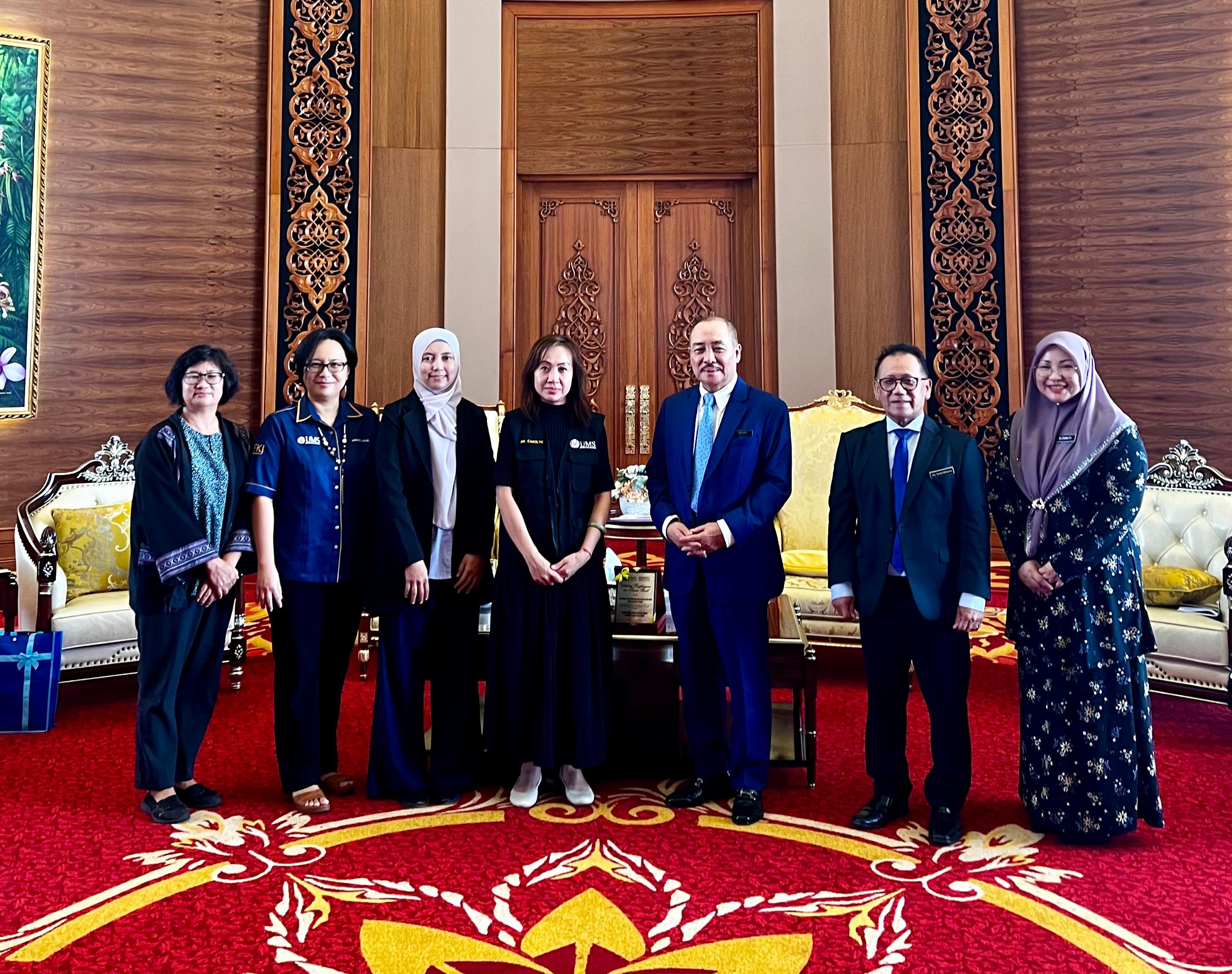 The Natural Disaster Research Centre, Universiti Malaysia Sabah (UMS) aims to further strengthen its cooperation with the Sabah State Government in disaster management, particularly within the state.
The Natural Disaster Research Centre, Universiti Malaysia Sabah (UMS) aims to further strengthen its cooperation with the Sabah State Government in disaster management, particularly within the state.
NDRC Director, Associate Professor Ts. Dr. Carolyn M. Payus, stated that this collaboration for the sharing of information, research and services to assist state government agencies in managing and handling natural disasters.
“Through this ongoing cooperation, NDRC can serve as a meeting point for all needs related to natural disaster management in this state.
“This includes research, expert services, and consultations related to natural disasters, both within and outside Sabah,” she said.
She made this statement during a courtesy visit by NDRC UMS to the Office of Chief Minister of Sabah, Datuk Seri Panglima Haji Hajiji Haji Noor, at Menara Kinabalu recently.
During the visit, Carolyn informed that NDRC had shared the functions, roles, and several research projects conducted by the centre, including those in fields of earthquake, flood, coastal erosion, and the sharing of the Natural Disaster Database.
“Several critical issues were also discussed, such as the current natural disasters occurring in Sabah, and proposals for more centralised and integrated disaster management cooperation between the state government and NDRC UMS, particularly from the academic side in efforts to reduce the impact of disasters.
“The outcome of this meeting also received positive feedback from the Chief Minister himself, who welcomed the efforts undertaken by NDRC UMS, particularly in national disaster research and management,” she said.
She added that the Chief Minister also expressed hope that NDRC could collaborate with state disaster management through involvement in the Disaster Command Centre, which will be established with the National Disaster Management Agency (NADMA).
“This includes contributing expertise related to natural disaster management, such as Sabah State Disaster Management Department, under the Chief Minister’s Department.
“The Chief Minister also appreciated the contribution of research expertise from academic institutions like NDRC UMS, which is seen as crucial input in assisting decision-making in development aspect that are indirectly related to disaster management at the state level,” she stated.
Among the NDRC UMS delegates present during the courtesy visit were the Head of the Coastal and River Erosion Cluster, Associate Professor Ts. Dr. Ejria Saleh; the Head of the Earthquake Cluster, Ir. Ts. Dr. Noor Sheena Herayani Harith; the Head of the Flood Cluster, Dr. Janice Lynn Ayog; and NDRC Research Officer, Eldawaty Madran.
Also present were the Secretary of Home Affairs and Research, Datuk Ag. Shaminan Datuk Haji Ag. Sahari, and the Public Relations Secretary to the Chief Minister of Sabah, Datuk Effendi Mohamed Sunoh.



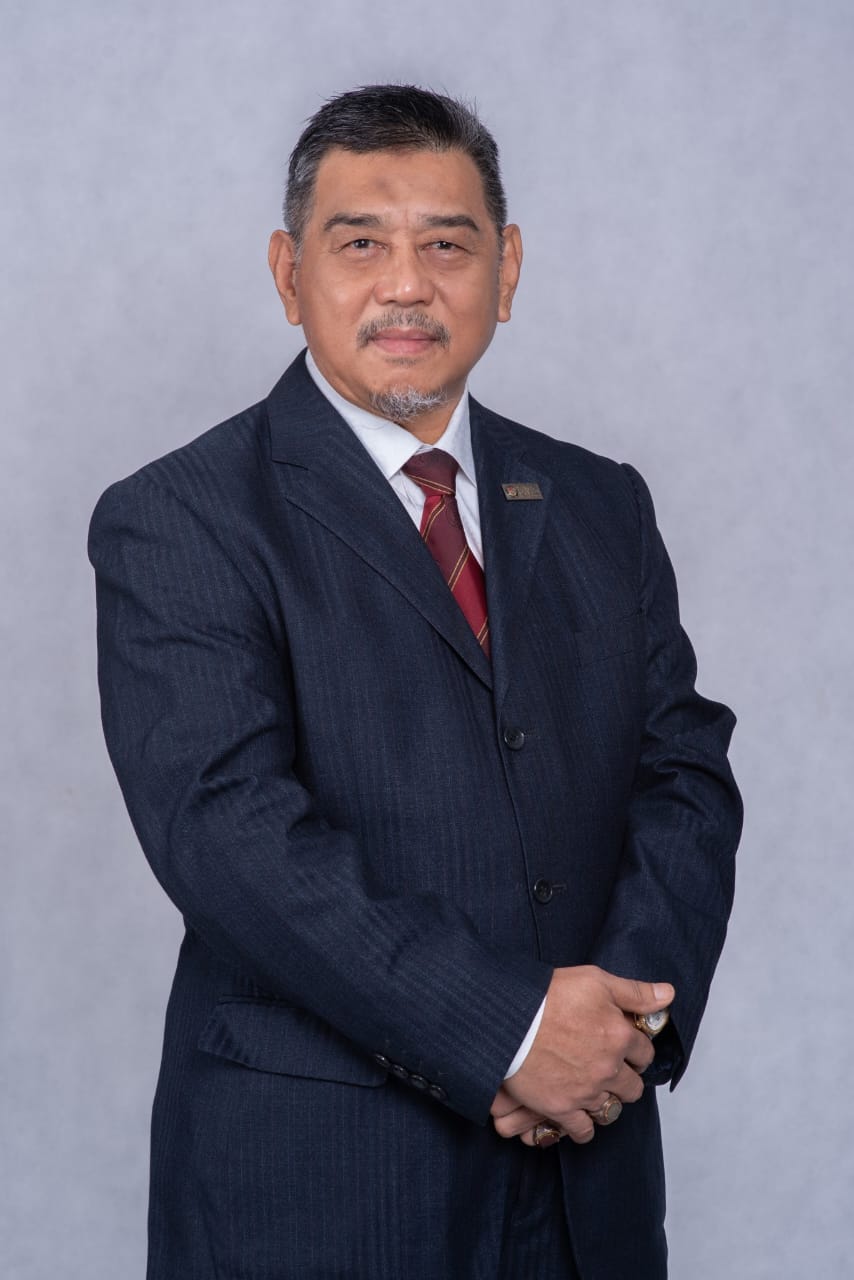 The water supply to Universiti Malaysia Sabah (UMS) is now stable and able to meet the needs of the 20,000 staff and students at the campus, says Vice-Chancellor Prof Datuk Dr Kasim Mansor.
The water supply to Universiti Malaysia Sabah (UMS) is now stable and able to meet the needs of the 20,000 staff and students at the campus, says Vice-Chancellor Prof Datuk Dr Kasim Mansor.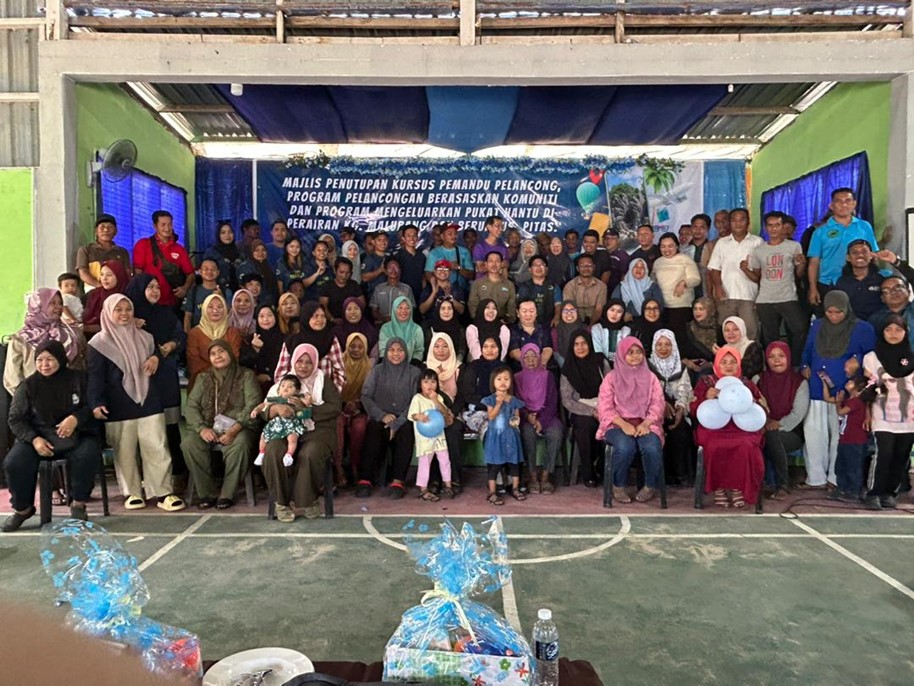 Kg. Malubang in Pitas is set to host an exciting new initiative in community-based tourism and marine conservation.
Kg. Malubang in Pitas is set to host an exciting new initiative in community-based tourism and marine conservation.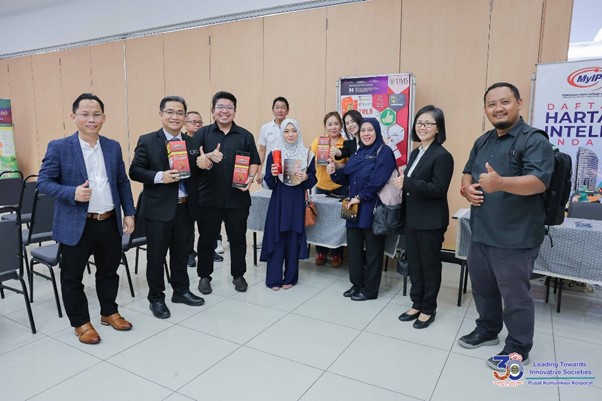
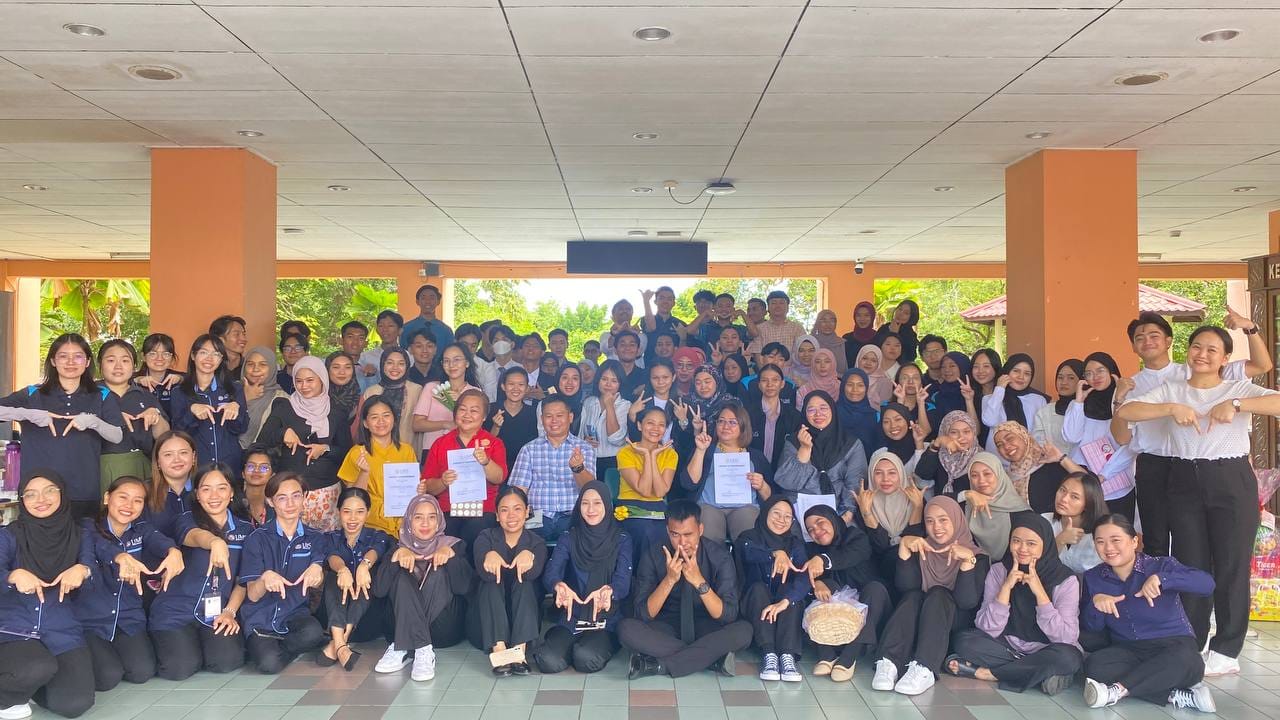 Faculty of Business, Economics, and Accountancy (FBEA), Universiti Malaysia Sabah (UMS) stay committed in assisting the advancement and competitiveness of entrepreneur through research along with innovation related with local business.
Faculty of Business, Economics, and Accountancy (FBEA), Universiti Malaysia Sabah (UMS) stay committed in assisting the advancement and competitiveness of entrepreneur through research along with innovation related with local business.